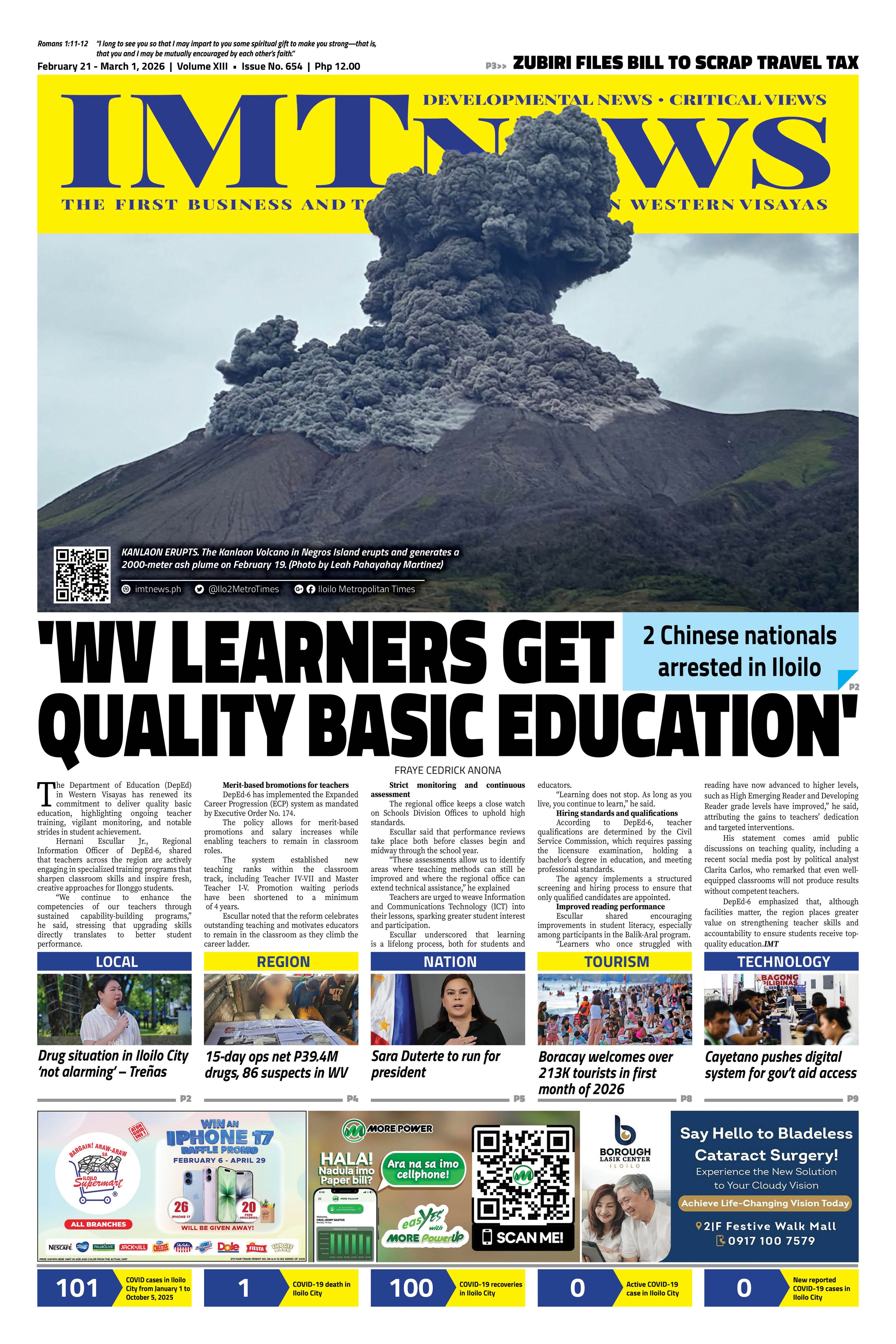The Supreme Court’s decision to stop the impeachment of Vice President Sara Duterte hit a nerve for many of us. I’m no lawyer, but I’ve taken a couple of subjects in constitution, logic, law, and legislation, worked for years in newsrooms, and spent more than two decades as an educator to know when something feels off. And this one did. I respect the Court. I respect the institution. But when every justice echoes the same verdict—and many trace back to one political era—it’s fair to wonder: is this about justice, or alignment?
The decision sounded firm, but for some, it left more questions than comfort. But the context matters. The same Court that once said an impeachment begins when referred to a committee now says, no, that’s not how it works anymore—and they applied that change backwards. The House thought they were following the rules. Suddenly, the rules shifted. Imagine playing chess, only to be told after your checkmate that kings no longer move that way. You do not need to be a constitutional expert to feel something unfair happened there.
Legal luminaries and professors from UP Law School were quick to speak out. Their concern? That the decision made impeachment harder—not in terms of truth, but in terms of technicalities. Instead of looking at whether an official abused power, the process now gets clogged with procedural detours. One expert compared it to a basketball game where the referee stops mid-match, rewrites the playbook, and expects the players to just adapt. That is not reform; that is obstruction.
Take, for example, the Court’s new interpretation of the one-year bar rule. It used to be simple: once a complaint is sent to the House committee, that’s when the one-year countdown starts. But now, even complaints that are never acted on count. And because three complaints were quietly ignored, they say the fourth one violated the rule—even if it followed everything that was previously understood. That’s like saying silence is action. How does that make sense to ordinary folks trying to follow a system?
But here’s where I find a bit of hope. Because the ruling stopped the trial, it also gave the House time. Time to prepare better. Time to gather stronger evidence. Time to show the Filipino people—live on TV, online, in classrooms and karinderias—what this case is really about. This delay could be a setup for a bigger reckoning. A second chance to get it right, and to do it in front of everyone.
That kind of transparency can change things. When Filipinos witness the truth—when they hear where the public’s money went, how the power was used or abused—they remember. They talk about it in jeepneys, at family dinners, and in faculty rooms. It chips away at fake narratives. And that is how democracy slowly heals.
Yes, some say we should tread carefully. I agree. We cannot throw stones at the judiciary carelessly. But neither should we pretend our institutions are perfect. They are not. This decision may feel like a loss, but it also gives us a map. Now Congress knows what it needs to do if it wants to try again. The line is clearer now—even if we do not agree with where it was drawn.
And let us not forget what this episode revealed about our leaders. We now know who stood up, who stayed quiet, and who looked the other way. Words like balimbing and trapo aren’t just labels—they’re warnings. Let’s not forget them when it’s time to vote. Public service isn’t about saving friends. It’s about standing up for the people.
In my years leading a Jesuit school, I learned that reflection comes before action. We don’t rush to judge—but silence, when truth is on the line, becomes complicity. In politics, that means naming harm, even when it’s hard. Especially when it is unpopular. Justice needs both wisdom and courage.
So while this chapter did not end the way 8 of 10 Filipinos hoped, it is not the end. The bigger story is still being written. The next impeachment attempt may be stronger. The next generation, more alert. Democracy takes effort. It asks us to care even when it’s tiring. As Filipinos, we don’t just vote and walk away. We stay in the room—because it belongs to all of us.
I’m no lawyer, but I teach. And I want my students to know that asking questions isn’t defiance—it’s duty. That’s the democracy I believe in. Not perfect, but honest. Not silent, but brave.
Because in the end, it is not just court rulings that keep us free. It is us. It is our voices, our votes, our vigilance. The robes may be heavy, the words technical, the halls echoing with power—but in a democracy, the people still matter most. And truth? Truth always finds a way back to the light.
Doc H fondly describes himself as a “student of and for life” who, like many others, aspires to a life-giving and why-driven world grounded in social justice and the pursuit of happiness. His views do not necessarily reflect those of the institutions he is employed or connected with.







